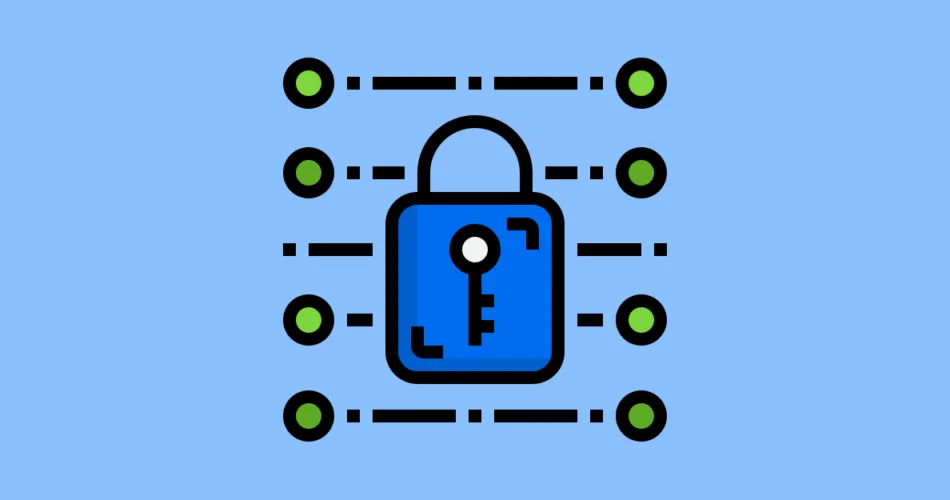Cryptography is a fundamental aspect of data protection, ensuring that sensitive information remains confidential and secure. In this article, we’ll explore the world of cryptography, including encryption and decryption techniques, hashing for data integrity, and how to use the Java Cryptography Architecture (JCA) for secure data handling.
Encryption and Decryption Techniques
Encryption is the process of converting plaintext data into ciphertext to protect it from unauthorized access. Decryption, on the other hand, is the reverse process of converting ciphertext back into plaintext for legitimate users.
Common encryption techniques include:
- Symmetric Encryption: It uses the same key for both encryption and decryption. Examples include AES and DES.
- Asymmetric Encryption: It uses a pair of public and private keys. You can only decrypt data encrypted with one key using the other key. Examples include RSA and ECC.
Hashing and Data Integrity
Hashing is a one-way function that transforms data into a fixed-size string of characters. People commonly use it for verifying data integrity and storing passwords.
Key points about hashing:
- Irreversible: Hash functions are designed to be one-way, making it practically impossible to reverse the process and obtain the original data.
- Data Integrity: Hashes of data are used to verify if it has been tampered with. Even a small change in the data results in a significantly different hash.
Using Java Cryptography Architecture (JCA)
The Java Cryptography Architecture (JCA) provides a framework for secure data handling in Java applications. It offers various cryptographic services, including encryption, decryption, hashing, and secure random number generation.
To use JCA in your Java applications:
- Import Libraries: Include the necessary JCA libraries in your project.
- Initialize Providers: Set up cryptographic providers to use algorithms and security services.
- Utilize Security Services: Use JCA to perform cryptographic operations, such as encryption, decryption, and hashing.
By leveraging JCA, you can implement strong cryptographic measures to protect sensitive data and ensure the security of your Java applications.
In conclusion, cryptography is an essential tool for data protection in modern software applications. Encryption, hashing, and the Java Cryptography Architecture all play crucial roles in ensuring the confidentiality, integrity, and security of sensitive information. As you develop and deploy Java applications, consider the best practices discussed in this article to strengthen your data protection measures and maintain the trust of your users.
Subscribe to our email newsletter to get the latest posts delivered right to your email.


Comments